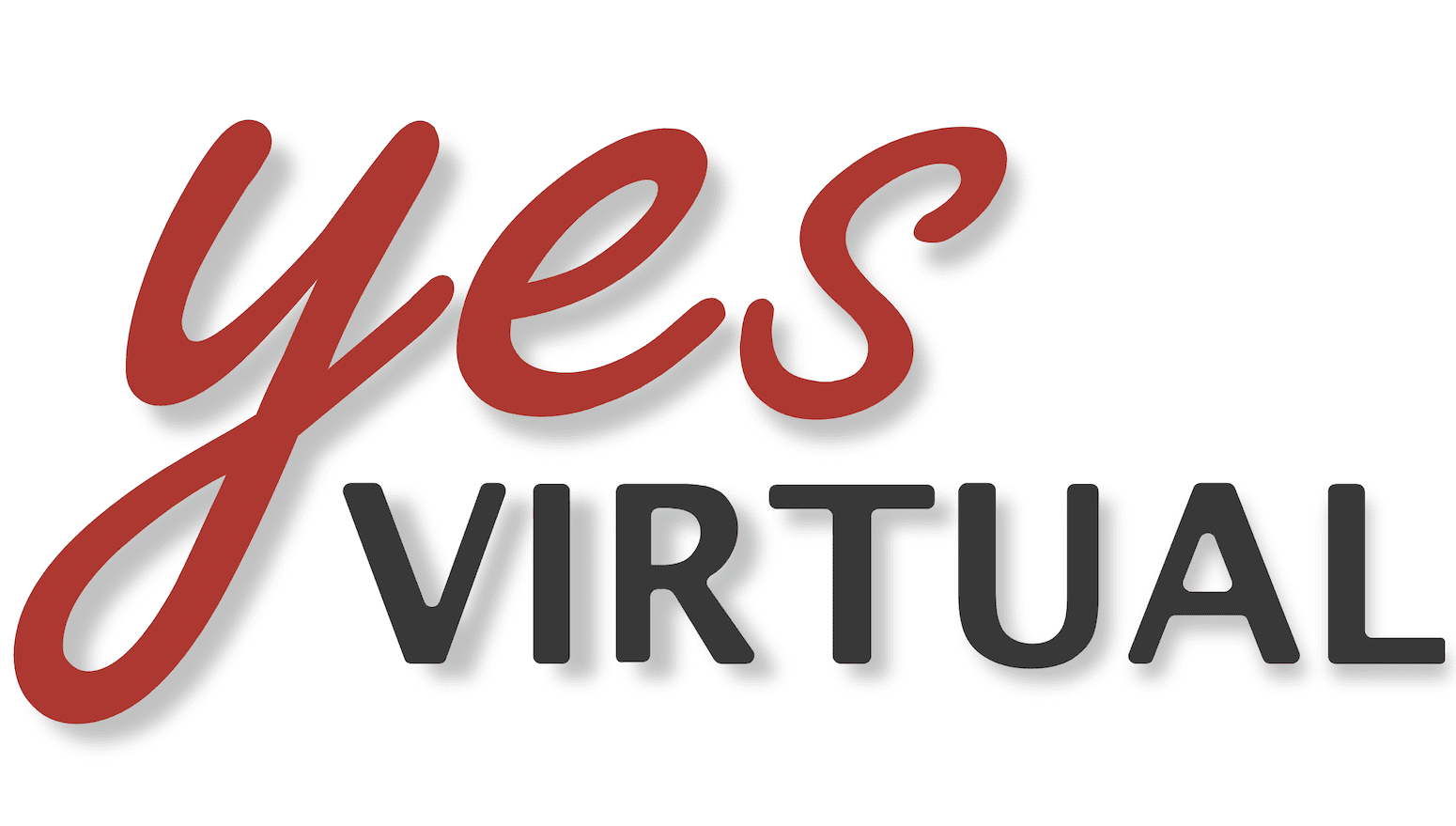In today’s global marketplace, remote work teams often span multiple countries, bringing together a rich tapestry of cultural backgrounds. This diversity, while a significant asset, also presents unique challenges in fostering team cohesion and productivity. Understanding and embracing cultural differences is not just beneficial but essential for creating an effective remote work environment.
The first step in harnessing the potential of a culturally diverse team is recognizing the different communication styles influenced by cultural backgrounds. For example, team members from East Asian cultures may value indirect communication and harmony, preferring to convey messages subtly. In contrast, Western cultures might prioritize directness and clarity in communication. Recognizing these differences can prevent misunderstandings and ensure that all team members feel heard and respected.
Moreover, attitudes towards authority and decision-making can vary widely across cultures. In some cultures, authority is highly respected, and decisions are expected to be hierarchical, while in others, a more collaborative and egalitarian approach is preferred. Understanding these dynamics can help in structuring team interactions and meetings in a way that aligns with everyone’s expectations and comfort levels.
Time perception is another cultural aspect that affects remote work dynamics. For instance, some cultures view time as a strict schedule to be adhered to (monochronic), while others have a more flexible, event-based perception of time (polychronic). These differences can influence expectations around deadlines, punctuality for meetings, and the urgency of tasks. Clear guidelines and mutual respect for time management preferences can help in synchronizing a team’s workflow.
To foster a positive and inclusive remote work culture, it’s beneficial to implement regular cultural competence training and team-building activities that celebrate diversity. These initiatives can enhance mutual understanding and appreciation, reduce conflicts, and boost overall team morale. Additionally, creating open channels for feedback allows team members to express concerns related to cultural misunderstandings and helps the management team to address them proactively.
Embracing cultural diversity within remote teams not only enhances team cohesion and productivity but also brings diverse perspectives that can lead to innovative solutions and a deeper understanding of global markets. By investing in cultural insights, companies can fully leverage the benefits of a global remote workforce and build a more dynamic and successful business.
